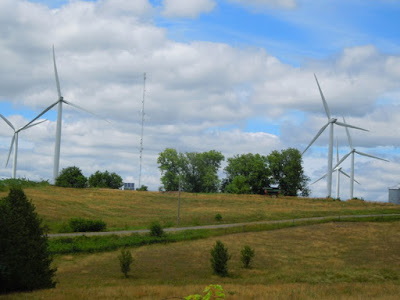G. K.
Chesterton was a fascinating, erudite social critic who espoused a more just
political system called Distributism, which has often been described in
opposition to both socialism and capitalism, which distributists see as equally
flawed and exploitative. He also had a joyous sense of humour as the following testament
to the ways of old attests:
Before the Roman came to Rye
or out to Severn strode,
The rolling English drunkard made the rolling
English road.
A reeling road, a rolling road, that rambles round
the shire,
And after him the parson ran, the sexton and the
squire;
A merry road, a mazy road, and such as we did tread
The night we went to Birmingham
by way of Beachy Head.
I knew no harm of Bonaparte and plenty of the
Squire,
And for to fight the Frenchman I did not much
desire;
But I did bash their baggonets because they came
arrayed
To straighten out the crooked road an English
drunkard made,
Where you and I went down the lane with ale-mugs in
our hands,
The night we went to Glastonbury
by way of Goodwin Sands.
His sins they were forgiven him; or why do flowers
run
Behind him; and the hedges all strengthening in the
sun?
The wild thing went from left to right and knew not
which was which,
But the wild rose was above him when they found him
in the ditch.
God pardon us, nor harden us; we did not see so
clear
The night we went to Bannockburn
by way of Brighton Pier.
My friends, we will not go again or ape an ancient
rage,
Or stretch the folly of our youth to be the shame
of age,
But walk with clearer eyes and ears this path that
wandereth,
And see undrugged in evening light the decent inn
of death;
For there is good news yet to hear and fine things
to be seen,
Before we go to Paradise
by way of Kensal Green.
















